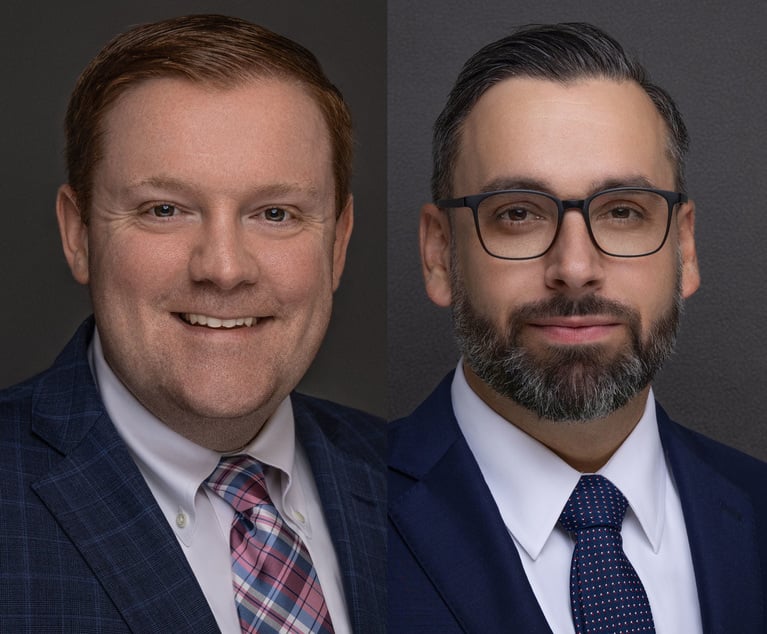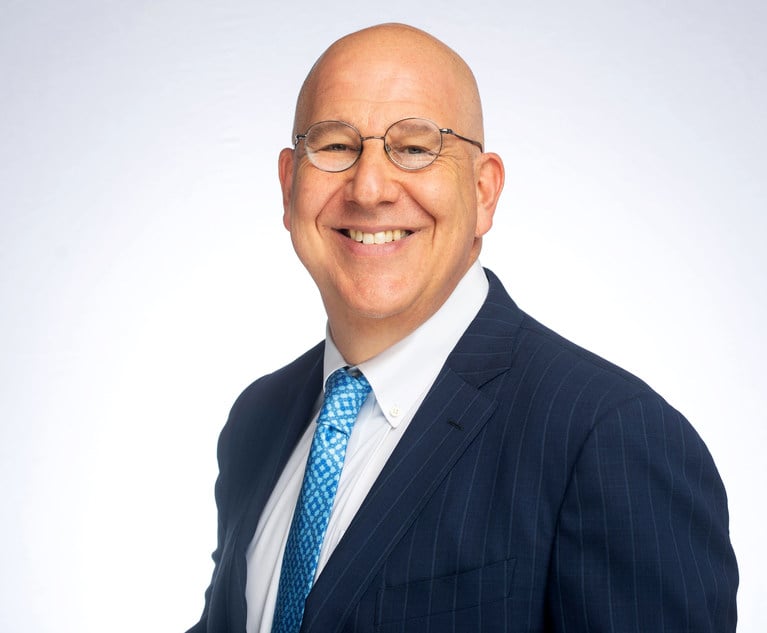Merriam Webster defines “imposter syndrome” as a psychological condition that is characterized by persistent doubt concerning one’s abilities or accomplishments accompanied by the fear of being exposed as a fraud despite evidence of one’s ongoing success. For us general liability attorneys, the emphasis in that definition is “condition.” It is often argued that a plaintiff’s injuries were not causally related to the incident because the plaintiff suffered from a condition rather than sustained an injury. Like this defense theory, imposter syndrome starts from within and is often made up of ideas and opinions we have made up about ourselves. Imposter syndrome often thrives irrespective of environment or even other people’s opinion.
Imposter Syndrome in a New Territory
My experience with imposter syndrome first started when I made the decision to become a lawyer. As a first generation everything in my immediate family, creating my own path was incredibly difficult. In my case, with a family that is so heavily involved in the medical field, being the first lawyer in the entire family made it almost impossible to seek mentorship and encouragement. I often kept my challenges and failures throughout law school to myself and there were many times when my accomplishments were not celebrated, but instead, forgotten. Do not get me wrong. My family was supportive in the best way they knew how, but they could not offer much advice in an area that was completely foreign to them. I know this now, but just a few years ago, the encouragement could have meant a lot, but instead the lack of it gave birth to my imposter syndrome.


 Christina Raton of Weber Gallagher Simpson Stapleton Fires & Newby. Courtesy photo
Christina Raton of Weber Gallagher Simpson Stapleton Fires & Newby. Courtesy photo




